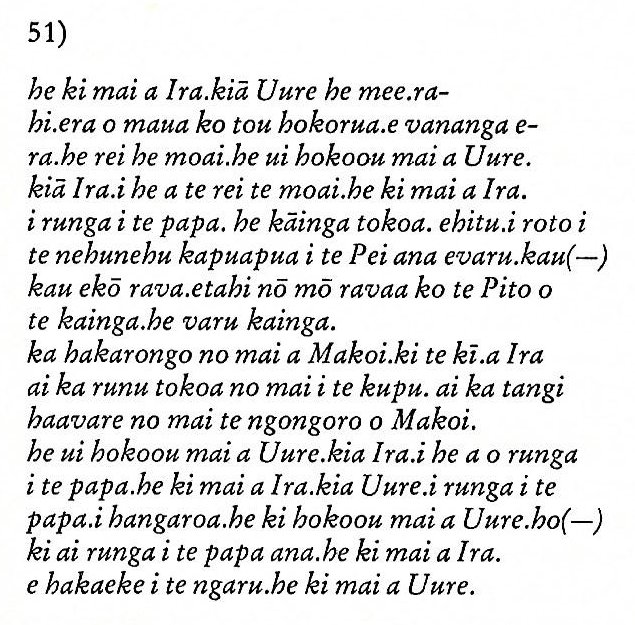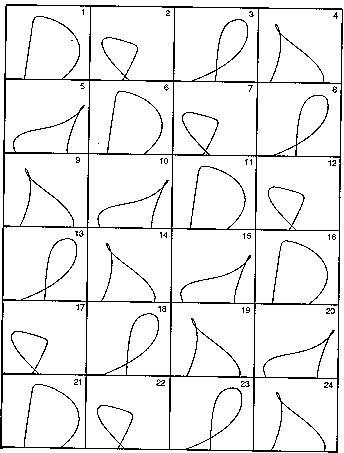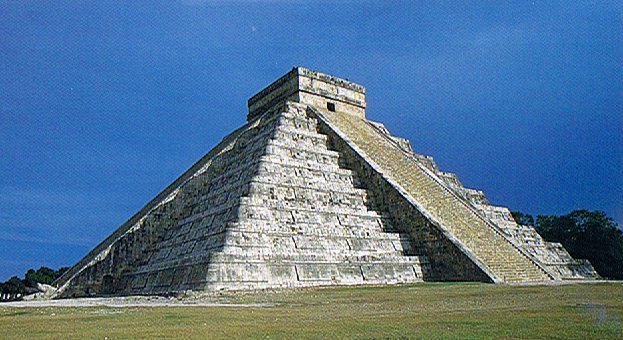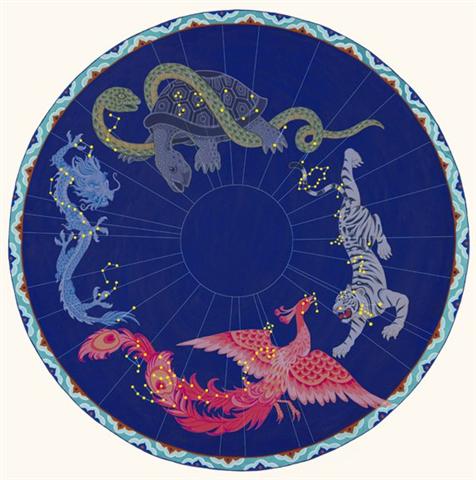
|
he ki hokoou mai a
Ira.kia Uure.ka ui |
Then [hokoou]
Ira said to Uure, 'See if the last-born [hangupotu]
is asleep!' |
|
tau hangupotu ena ana
hauru. |
|
he ki mai a
Uure.ku
hetu ana ku pangahaa |
Uure
replied, 'He is having a bad [pangahaa]
dream. He is lying there completely asleep; he and
the other five (? koia korima) are snoring
loudly.' |
|
ana.ku tani ana tē
ngorongoro.koia korima.i nga(-) |
| Hetu.
Hetu 1. To (make)
sound; figuratively: famous, renowned. 2. To crumble
into embers (of a bonfire). Hetu'u.
Star, planet; hetu'u popohaga
morning star; hetu'u ahiahi evening
star; hetu'u viri meteorite. Vanaga
Hetu 1. Star (heetuu); hetu rere,
meteor; hetu pupura, planet. P Pau.: hetu,
star. Mgv.: etu, id. Mq.: fetu,
hetu, id. Ta.: fetu, fetia, id.
The alternative form fetia in Tahiti, now the
only one in common use, need not be regarded as an
anomaly in mutation. It seems to derive from Paumotu
fetika, a planet. Its introduction into
Tahiti is due to the fashion of accepting Paumotu
vocables which arose when the house of Pomare
came into power. 2. Capital letter (? he tu).
3. To amuse. 4. To stamp the feet. Hetuhetu,
to calk, to strike the water. Hetuke, sea
urchin. Churchill. |
| Va'e:
Foot, leg; te va'e mata'u, te va'e maúi,
right foot, left foot. Va'e ruga, va'e raro,
quick and light, without detour (lit.: foot up, foot
down). Ka-oho koe ki a nua era va'e ruga va'e
raro, ina ekó hipa-hipa, hurry straight to your
mother, do not make any detours. Va'e pau,
misshapen foot, clubfoot. Vae, to choose.
Vaega, middle, centre; i vaega o, in the
middle of. Vanaga. 1. Foot, paw, leg, limb; vae
no roto, drawers; karikari vae, ankle. P
Pau.: vaevae, foot, leg. Mgv.: vaevae,
id. Mq.: vae, id. Ta.: vaevae, avae,
id. 2. Pupil. 3. To choose, elect, prefer, promote,
vote; vavae, to destine, to choose; vaea
(vae 2), pupil. Vaeahatu (vae 1
- ahatu): moe vaeahatu, to sleep
sprawling with legs extended. Vaega, center,
middle, within, half; o vaega, younger; ki
vaega, among, between, intermediate. P Pau.:
vaega, the middle. Mgv.: vaega, center,
middle. Mq.: vaena, vavena, vaveha,
id. Ta.: vaehaa, half. Vaehakaroa (vae
1 - roa): moe vaehakaroa, to sleep
with legs stretched out. Vaehau (vae 1
- hau 3), pantaloons, trousers.
Vaeherehere (vae 1 - here 1), to
attach by the paw. Vaerere (vae 1 -
rere 1), to run. Churchill. Ta.: 1. Timbers of a
boat. Ha.: wae, knees, side timbers of a
boat. 2. To share out. Sa.: vae, to divide,
to share. Ma.: wawae, to divide. Churchill. |
|
tu ro ai ki te
vae.o Makoi.e
Uure.he ki hokoou |
After Uure
had kicked the leg of Makoi [te vae.o Makoi],
Ira said again to Uure, 'Look closely, watch
carefully if he is really asleep (i.e., if he might
be awake).'
Uure replied, 'Ah! he is snoring [ngorongoro]
steadily!' |
|
mai a Ira.kia
Uure.ka ata ui ata
(ti)kea kai |
|
hauru.he ki hokoou mai
a Uure.ā ku tani ana |
|
tē ngorongoro. |
|
5 Venus cycles |
8 years |
99 Moon cycles |
|
2920 (= 40 * 73) nights |

|
|
E:51 |
|
he ki mai a Ira.kiā
Uure he mee.ra(-) |
Ira said to
Uure [he ki mai a
Ira.kiā Uure] 'The two of us talked about an ornament and a
figure.' Then Uure asked Ira [he
ui hokoou mai a Uure.kiā Ira], 'Where are the
ornament and the figure?'
Ira replied, [he
ki mai a Ira.] 'Up there on the flat rock
[i runga i te papa]
Furthermore, (there is the secret of the) land.
Seven (lands) remain in the midst of dim twilight
during the fast voyage. Not even eight groups of
people (i.e., countless boat crews) can find
anything. Only one thing can be found, that is the
fragment of earth (te pito o te kainga), an
eighth land.' |
|
hi.era o maua ko tou
hokorua.e vananga e(-) |
|
ra.he rei he moai.he ui
hokoou mai a Uure. |
|
kiā Ira.i he a te rei
te moai.he ki mai a Ira. |
|
i runga i te papa. he
kāinga tokoa. ehitu.i roto i |
|
te nehunehu kapuapua i
te Pei ana evaru.kau(-) |
|
kau ekō rava.etahi nō
mō ravaa ko te Pito o |
|
te kainga.he varu
kainga. |
|
ka hakarongo no mai a
Makoi.ki te kī.a Ira |
While Makoi
listened to the speech of Ira [ki
te kī.a Ira] he absorbed the words
completely. At the same time he gave off smacking
and snoring noises. Again Uure asked Ira [he
ui hokoou a Uure.kia Ira] 'Where
is it on the rock?' Ira replied to Uure, 'Up on the
flat rock of Hangaroa.'
Again Uure spoke [he
ki hokoou mai a Uure] 'Is it on the flat rock
itself?' Ira replied [he
ki mai a Ira], 'To find it, one has to ride
the waves.' |
|
ai ka runu tokoa no mai
i te kupu. ai ka tangi |
|
haavare no mai te
ngorongoro o Makoi. |
|
he ui hokoou a Uure.kia
Ira.i runga i te |
|
papa.i hangaroa.he ki
hokoou mai a Uure.ho(-) |
|
ki ai runga i te papa
ana.he ki mai a Ira. |
|
e hakaeke i te ngaru.he
ki mai a Uure. |
The ancient Babylonians perceived waves inundating their
Field:

Probably this Field corresponded to the flat rock in
Hangaroa. From there the water would run down (like a
serpent) all the way to the Abyss at the opposite side
of the sky dome.
... Behind me, towering almost 100 feet into the air, was a
perfect ziggurat, the Temple of Kukulkan. Its four
stairways had 91 steps each. Taken together with the top
platform, which counted as a further step, the total was 365.
This gave the number of complete days in a solar year. In
addition, the geometric design and orientation of the ancient
structure had been calibrated with Swiss-watch precision to
achieve an objective as dramatic as it was esoteric: on the
spring and autumn equinoxes, regular as clockwork, triangular
patterns of light and shadow combined to create the illusion of
a giant serpent undulating on the northern staircase ...

Likewise did the Chinese have the tail of their Green Serpent at the
Square of Pegasus:

|




